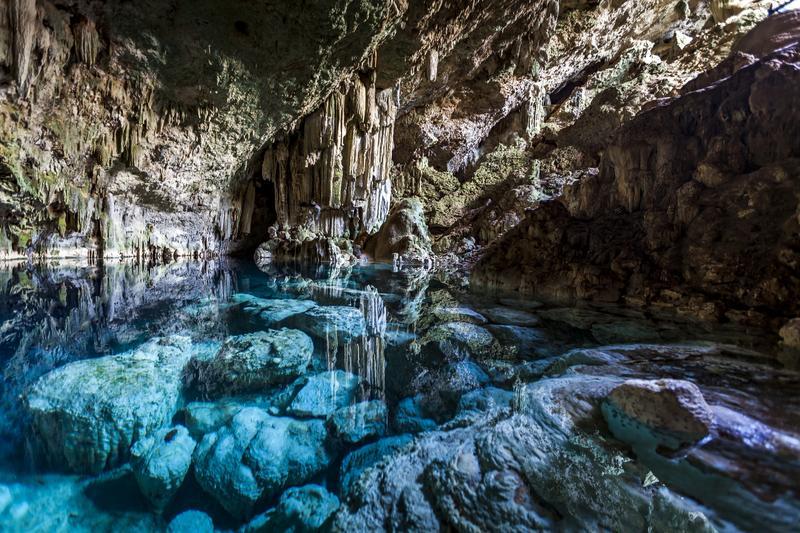Impacts of climate changes on groundwater
Impatto del cambiamento climatico sulle acque sotterranee
Staff
- Lasagna Manuela (Coordinator)
- De Luca Domenico Antonio (Coordinator)
- Mancini Susanna (Member)
- Elena Egidio (Member)
Contacts
- 0116705137; 0116705171
- manuela.lasagna@unito.it; domenico.deluca@unito.it
- Send email to members

ERC Sectors
Activity
Research area: Hidrogeology
Groundwater, the main source of freshwater on our planet, is increasingly subject to stress that affects its quality and quantity. The climate change represents a further dangerous factor of degradation.
In addition to the increase in global air and ocean temperatures, the widespread melting of snow and ice, and the global rise in sea level, predictive models predict increases in rainfall in some areas of the globe and decreases in others.
Since groundwater is highly dependent on rainfall, which infiltrates in the subsoil and feeds the aquifers, the decrease in the amount of rainfall (but also a different distribution over the course of the year) can reduce the amount of available groundwater.
Moreover, the increase in air temperature changes the extent of phenomena such as evaporation and transpiration of plants, reducing the amount of water available for recharging the aquifers. Finally, a secondary effect of global warming will undoubtedly be a greater demand for water to meet human needs, and therefore a greater withdrawal of groundwater resources, which will progressively reduce.
Groundwater quality could also be at risk. First of all a gradual but progressive groundwater warming was already recognised in some areas of the world. In addition, the melting of the polar ice caps will cause the sea level to rise, with serious problems for all coastal aquifers, where fresh waters will be replaced by salty and brackish waters.
Finally, rivers are and will be affected by the climate crisis, and may have long dry periods.
Therefore, groundwater will become a fundamental element to be known and monitored to meet human needs, for the sustainable development of our economy and for the protection of the environment.
UniTo's Hydrogeology research group is investigating this issue, with the aim of assessing whether the current climate crisis is actually affecting the quality or quantity of groundwater in the plain and mountain sectors of the Piemonte Region.

Fig. Spatial distribution of the groundwater table trend computed for the 2002–2017 period. Some examples of different trends are displayed on the map.
Main Partnership
Regione Piemonte, Direzione Ambiente, Energia e Territorio, Settore Tutela delle acque - via Principe Amedeo 17 Torino
Publications
- Bastiancich L., Lasagna M., Mancini S., Falco M., De Luca D.A. (2021) Temperature and discharge variations in natural mineral water springs due to climate variability: a case study in the Piedmont Alps (NW Italy). Environ Geochem Health. https://doi.org/10.1007/s10653-021-00864-8
- Lasagna M, Ducci D, Sellerino M, Mancini S, De Luca DA (2020). Meteorological variability and groundwater quality: examples in different hydrogeological settings (2020). Water 12, 1297. doi:10.3390/w12051297
- Lasagna M, Mancini S, De Luca DA (2020). Groundwater hydrodynamic behaviours based on water table levels to identify natural and anthropic controlling factors in the Piedmont Plain (Italy), Sci of the Total Environ 716, 137051. doi:10.1016/j.scitotenv.2020.137051
- Lasagna M, Mancini S, De Luca DA, Cravero M (2019) Piezometric levels in the Piedmont plain (NW Italy): trend and hydrodynamic behaviour of the shallow aquifer. Rend. Online Soc. Geol. It. 48:2-9. https://doi.org/10.3301/ROL.2019.30
- Bucci A, Barbero D, Lasagna M, Forno MG, De Luca DA (2017) Shallow groundwater temperature in the Turin area (NW Italy): vertical distribution and anthropogenic effects. Environ Earth Sci 76:221. doi: 10.1007/s12665-017-6546-4





